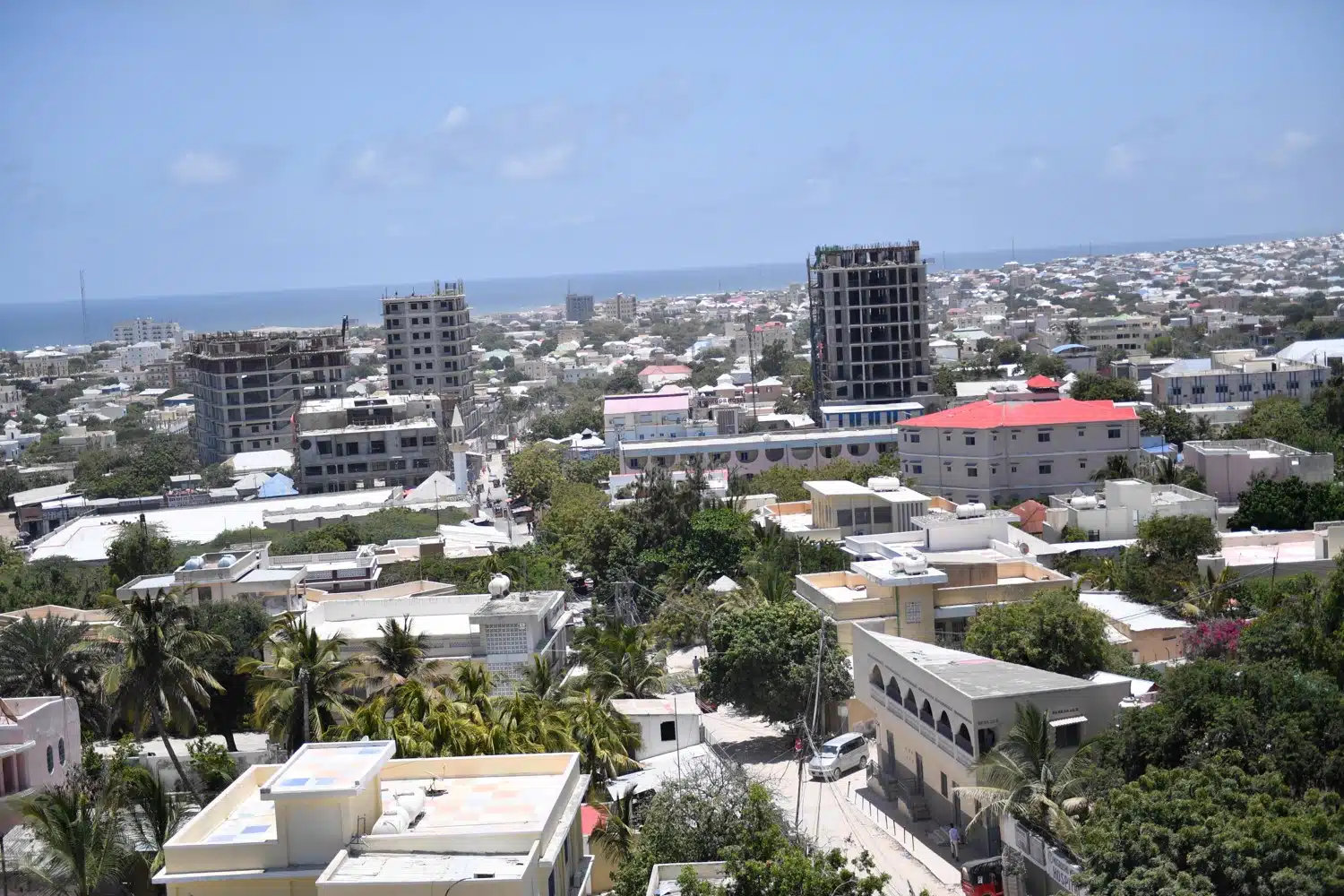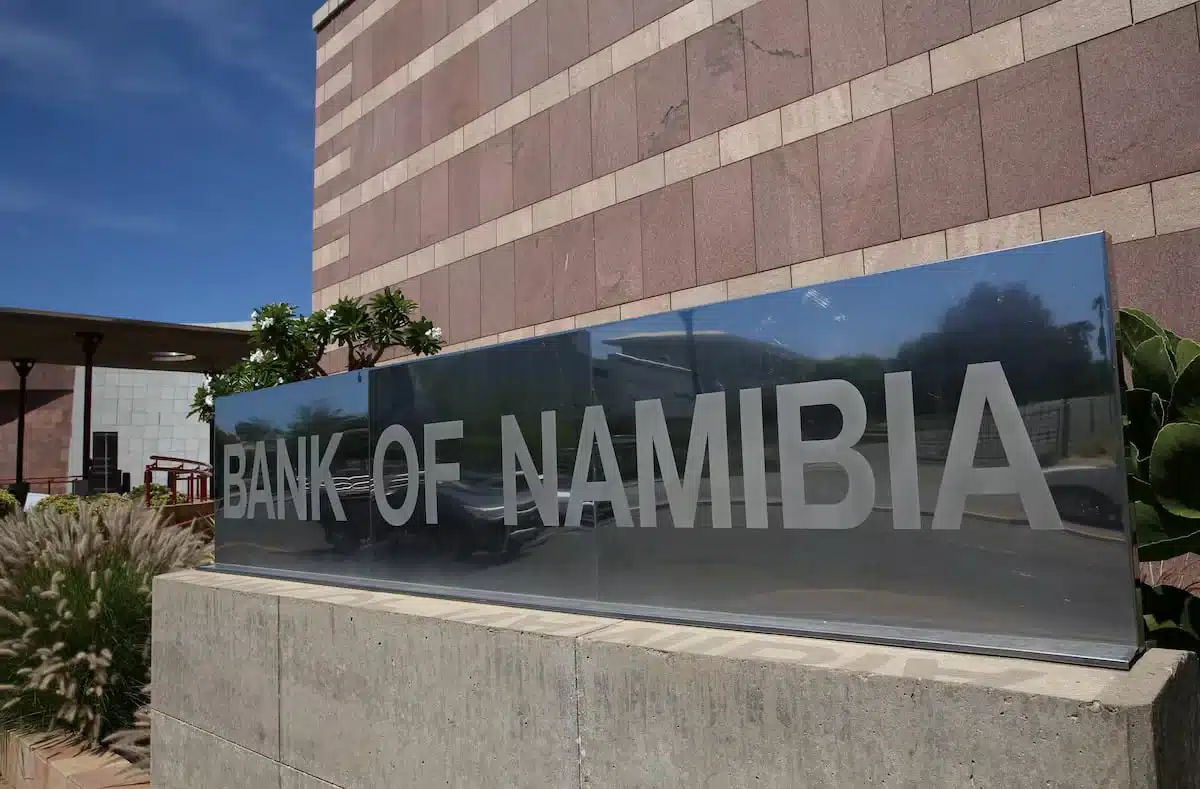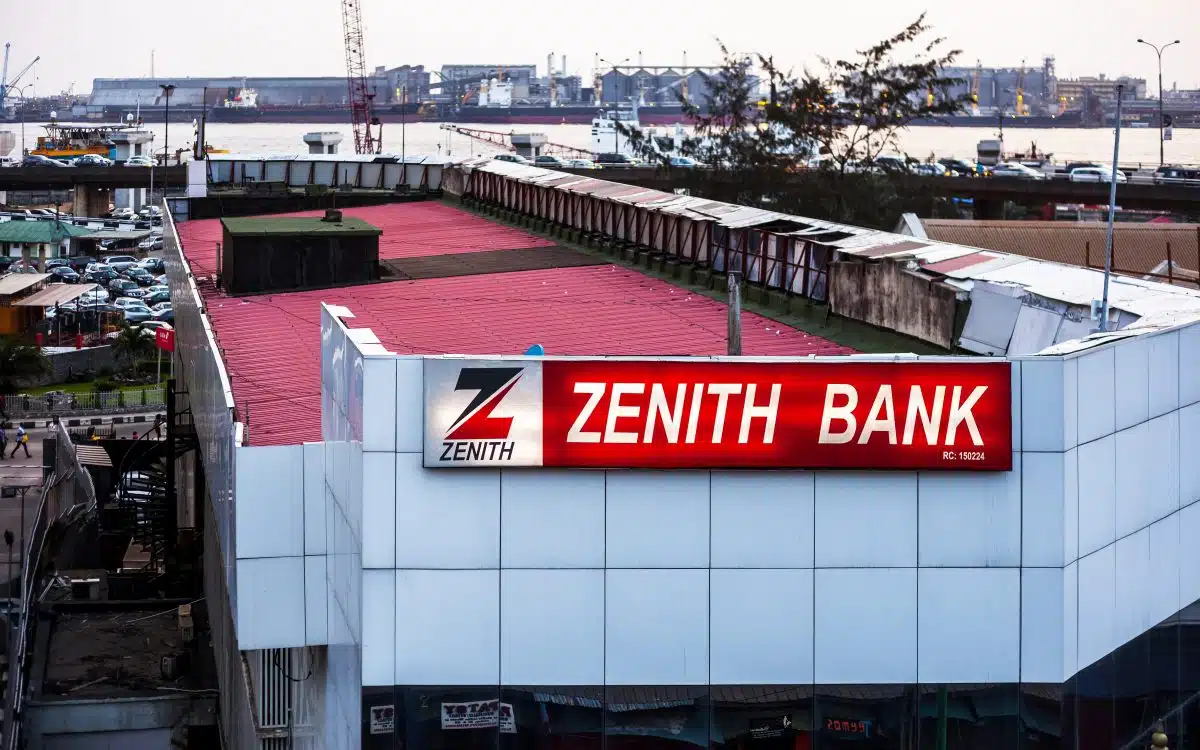The Minister of Housing and Urban Development, Ahmed Dangiwa, has ordered all residents of Federal Government-owned properties in Lagos, such as Banana Island, Osborne Foreshore, and Parkview Estates, to pay their ground rent directly to the government. Per the authorities, this levy will be used to fix and upgrade these properties.
Dangiwa explained that while estate associations can collect fees for services like electricity, road repairs, and security, they must not collect ground rent unless they remit it fully to the government. If they fail to do so, the government will take over the collection.
This decision will affect businesses in the housing sector. For instance, a mortgage bank or financial institution financing a home in Osborne Estate must ensure its clients know they are responsible for paying ground rent on top of their loan repayments. If the homeowner fails to pay the rent, it could lead to penalties or legal action, making it harder to repay the loan.
Real estate developers also need to comply. A developer building on Lagos shorelines without proper Federal Government approval now has one month to regularise their documents. If a company is built on reclaimed land in Banana Island without clearance, for example, the property may be revoked or even demolished.
Property managers must also adapt. A company managing homes in an estate will need to clearly explain to tenants what fees go to estate maintenance and what is meant for ground rent. Miscommunication could lead to disputes or loss of trust.
This new focus on ground rent compliance will force businesses to be more careful about land agreements and property management. It will also open opportunities for banks and consultants to help homeowners and developers meet these new requirements. Investment banks could offer advisory services to help property owners avoid penalties, while mortgage banks could adjust their loan terms to cover ground rent payments.






